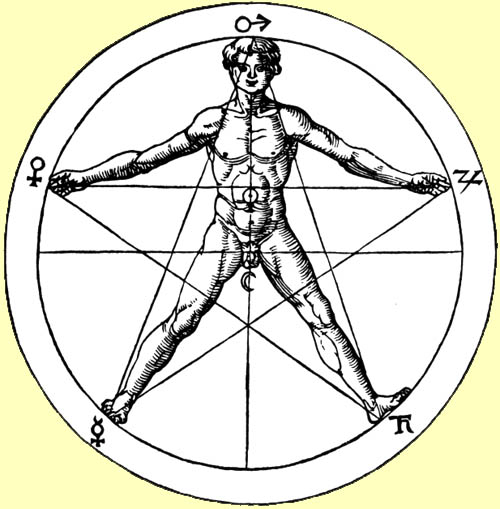Consciousness
by Andy Boyd
Today, guest scientist Andrew Boyd explores how we think. The University of Houston presents this series about the machines that make our civilization run, and the people whose ingenuity created them.
Consciousness. Such a familiar word -- we never give it a second thought. Yet it remains a great puzzle to philosophers.
As far as we know, consciousness arises from the working of the brain. The brain is a physical object made up of material elements, just as rocks, celery, or my toaster oven are. How do un-conscious bits and pieces give rise to consciousness?
While you and I may not fully understand why, we can still agree that consciousness exists, and even marvel that it does. However, as Berkeley philosopher John Searle argues, modern philosophical inquiry suffers from a fundamental "terror of consciousness." Consciousness doesn't easily fit into the prevailing viewpoint, and the essence of Searle's writing is that when it comes to the mind, much of modern philosophy is sorely off-track.
Searle speaks frankly. Challenging those who deny the existence of consciousness, he wonders how to argue with them. "Should I pinch [those people] to remind them they are conscious?" remarks Searle. "Should I pinch myself and report the results in the Journal of Philosophy?"
Searle's most famous argument criticizes a theory known as strong artificial intelligence. In this view of the world, when a computer behaves like a human, it also experiences thoughts, feelings, and understanding -- the traits we associate with consciousness. When we weep for the mechanical boy in Steven Spielberg's film AI, or feel compassion for Mr. Data on Star Trek, The New Generation because we believe they must be conscious, we are accepting the theory of strong artificial intelligence.
Advocates of this theory are keenly influenced by modern computers. Brains are like computers, and minds are like computer programs; so a mind can exist on any suitable computer, whether it's made of gray matter, silicon, or, as Searle points out, a suitably arranged collection of beer cans. Consciousness isn't anything special by itself, Searle says, it's just something that happens when you run the right computer program.
Arguing against strong artificial intelligence, Searle imagines himself locked in a room with instruction manuals that allow him to reply to any question or comment posed in Chinese. Searle does not understand Chinese, and the manuals do not provide English translations. They simply provide rules that allow him to meaning-fully respond to any string of Chinese characters.
A person conversing in Chinese with this room by passing slips of paper under the door would conclude that the room is behaving exactly like someone who understands Chinese. But clearly, the room and its occupant do not comprehend the content of the conversation. In the same way, there is no reason to assume a computer that behaves like a human must feel, think, and understand like a human.
Searle is one voice among many, and his viewpoints aren't universally shared by his peers. But he reminds us that consciousness shouldn't be casually dismissed. It's a special quality, and a quality that we human beings are fortunate to enjoy. We are, in fact, most remarkable engines.
I'm John Lienhard, at the University of Houston, where we're interested in the way inventive minds work.
(Theme music)
Dr. Andrew Boyd is Chief Scientist and Senior Vice President at PROS, a provider of pricing and revenue optimization solutions. Dr. Boyd received his A.B. with Honors at Oberlin College with majors in Mathematics and Economics in 1981, and his Ph.D. in Opera-tions Research from MIT in 1987. Prior to joining PROS, he enjoyed a successful ten year career as a university professor.
Much of the material in this essay was taken from: John R. Searle, The Rediscovery of the Mind, MIT Press, Cambridge, Massachusetts, 1992. See especially pages 8, 9, 30, 32, 44, 45, and 55.
Searle brings together many of his ideas in the wonderfully lucid book for general readership: John R. Searle, Mind, Language, and Society: Philosophy in the Real World, Basic Books, New York, 1999.

Image from de Occulta Philosophia by Heinrich Cornelius Agrippa, 1533
This episode was rewritten in episode 3041